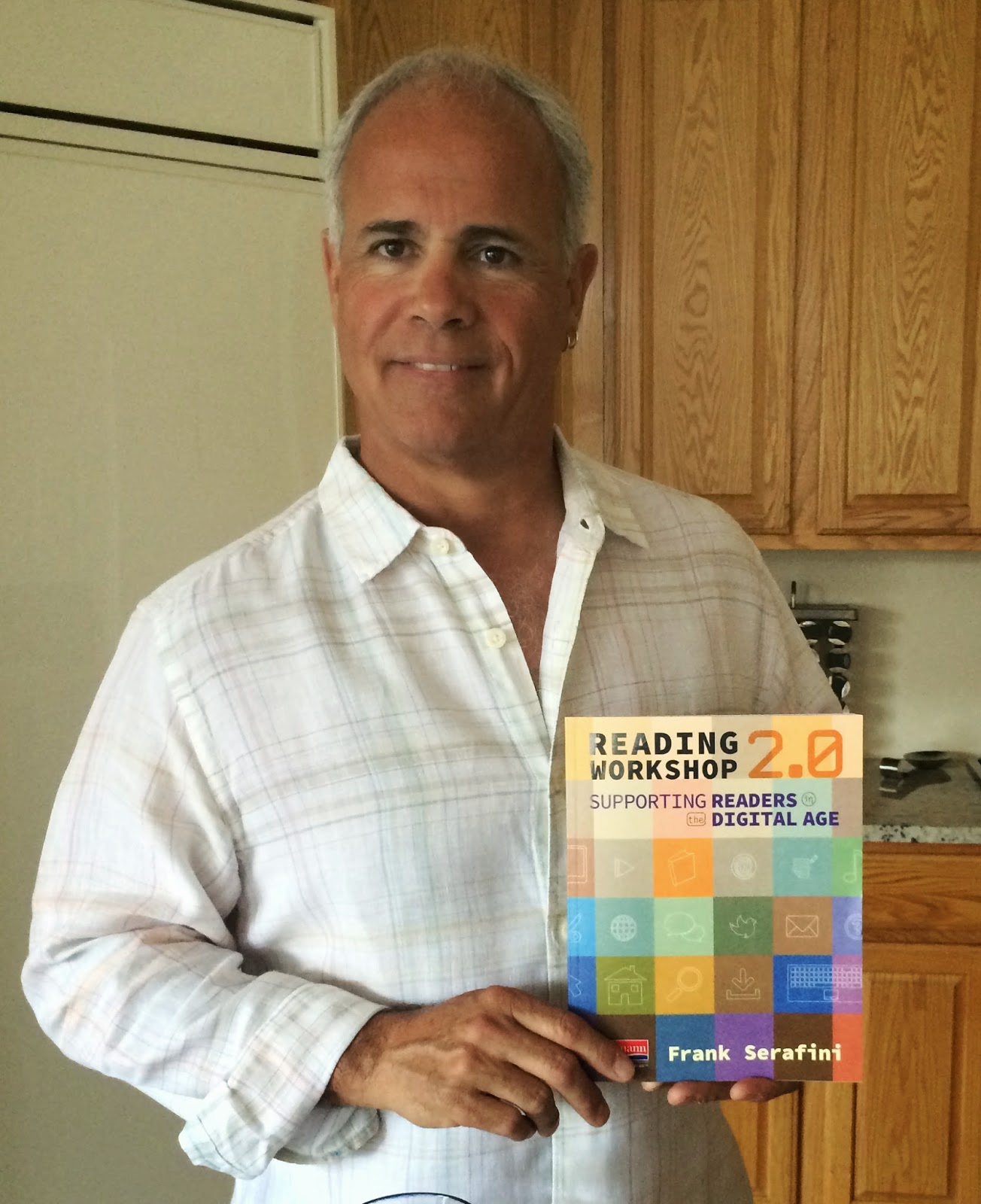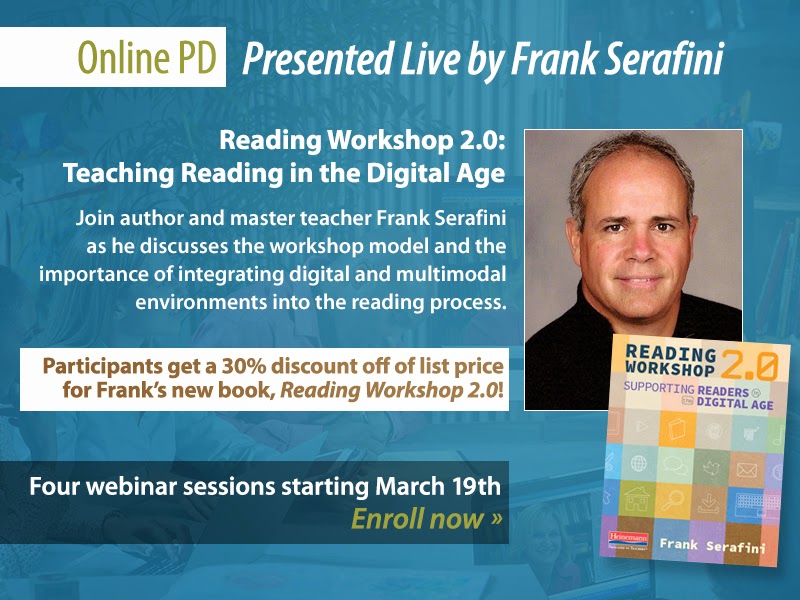Powering Up!: Reading Workshop 2.0

Now is the time to understand the rich history of what we have thought books have done for us and what we think digital texts might do differently - Andrew Piper I have been reading and writing about workshop approaches to literacy instruction for the past 25 years. One might think that I should have run out of things to say about these instructional approaches and classroom frameworks a long time ago. Alas, that is not to be. It seems I have a few more things to say about the changes that have taken place in literacy education, in particular the changes in technology and digital resources that have affected the ways we teach children to read and write and how we organize classrooms to support this endeavor. Like Andrew Piper (2012) suggests in the opening epigraph, I believe it is time to contemplate the rich history of printed books and the ways we teach children to read them. It is also time to consider th...

